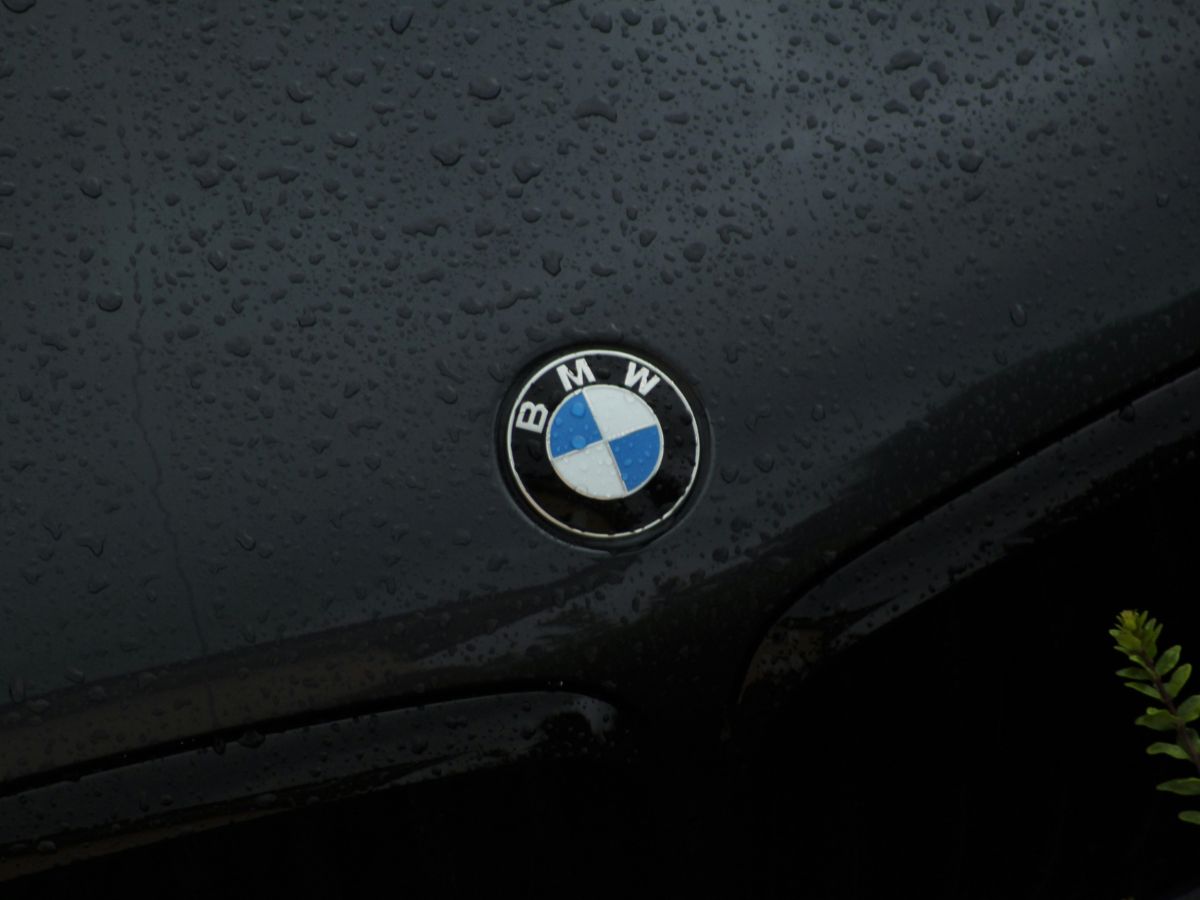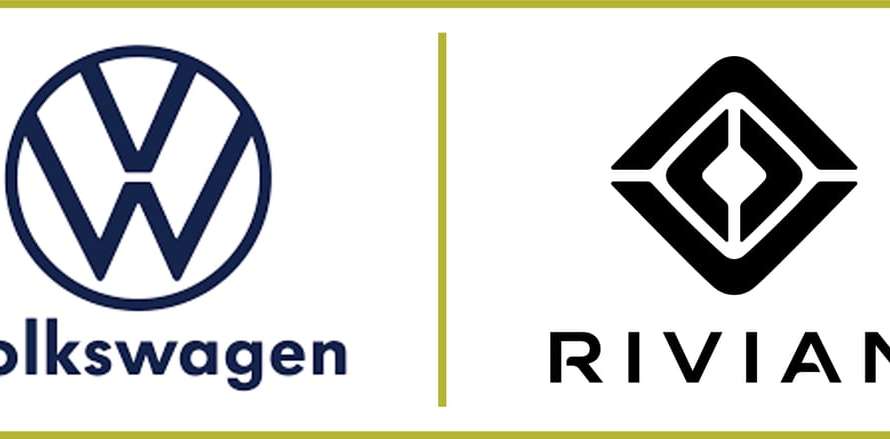In July, German luxury automaker BMW achieved notable growth in Europe’s electric vehicle (EV) market. BMW’s electric vehicle sales surged by 35% year-over-year, according to data from Jato Dynamics. This growth stands in sharp contrast to Tesla’s performance, which saw a 16% decline in EV sales over the same period. Dataforce, another data provider, reported a similar trend, noting a 34% increase in BMW’s EV sales for July, while Tesla experienced a 16% drop.
Jato Dynamics focused on the Europe-28 region, which includes major European countries, while Dataforce’s figures encompassed EU countries, the UK, and European Free Trade Association (EFTA) markets such as Norway, Switzerland, and Iceland.
BMW vs. Tesla: Sales Figures
Jato Dynamics reported that BMW sold 14,869 EV units in July, surpassing Tesla’s 14,561 units sold in the same month. However, Dataforce’s estimates showed a slightly different picture. They reported BMW’s sales at 14,687 units, just shy of Tesla’s 15,216 units for July. This discrepancy illustrates a competitive market, with BMW’s electric models, including the i4 and iX1, gaining significant traction.
Despite these variations in sales figures, both Jato Dynamics and Dataforce highlighted a clear trend: BMW’s electric vehicles experienced substantial growth last month, while Tesla’s Model Y continued to dominate the European EV market.
Decline in Overall EV Market Share
Despite BMW’s growth and Tesla’s strong performance, the overall EV market in Europe saw a decline. Jato Dynamics reported that the Tesla Model Y sold 9,544 units in July, and the Tesla Model 3 added 4,694 units in the EU-28 region. However, the total market share for electric vehicles dropped from 14.6% in July 2023 to 13.5% in July 2024. The total number of new electric vehicles registered in July was 139,300, marking a 6% decrease from the previous year.
Felipe Munoz, a Global Analyst at Jato Dynamics, pointed out that uncertainty around EV incentives and the future of electric vehicles continues to discourage potential buyers. Additionally, low residual values of EVs are contributing to the overall decline in the market.
Wrapping Up…
BMW’s substantial growth in July reflects the company’s strong performance in Europe’s electric vehicle sector, despite facing competition from Tesla’s enduring dominance. The overall decline in EV market share suggests ongoing challenges within the industry, including market uncertainty and economic factors impacting consumer behavior. As the EV market continues to evolve, both BMW and Tesla will need to navigate these complexities to maintain their positions and drive future growth.



